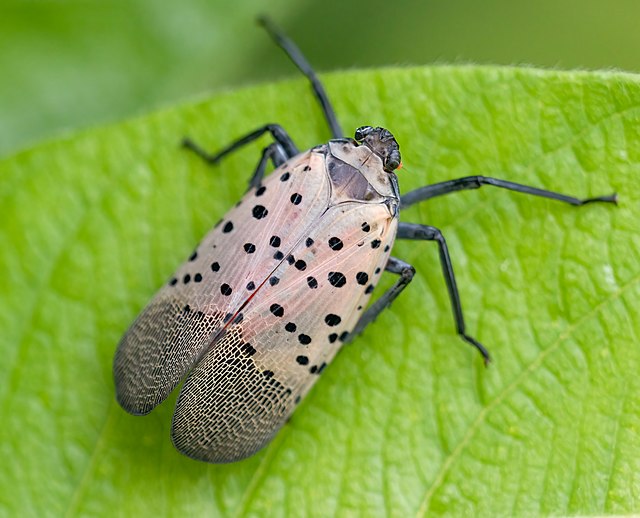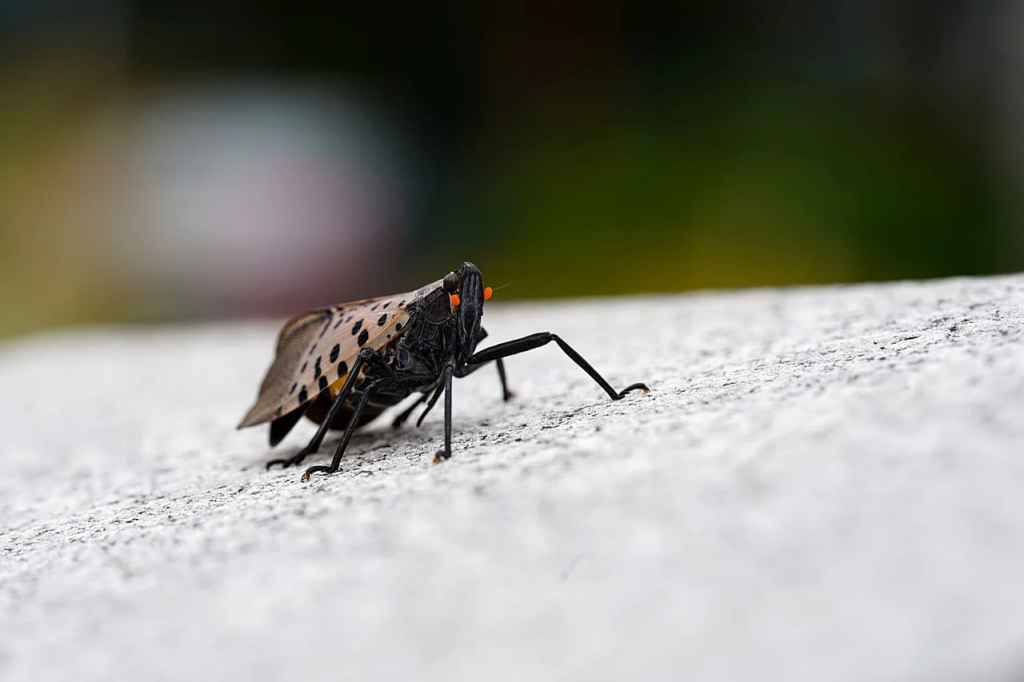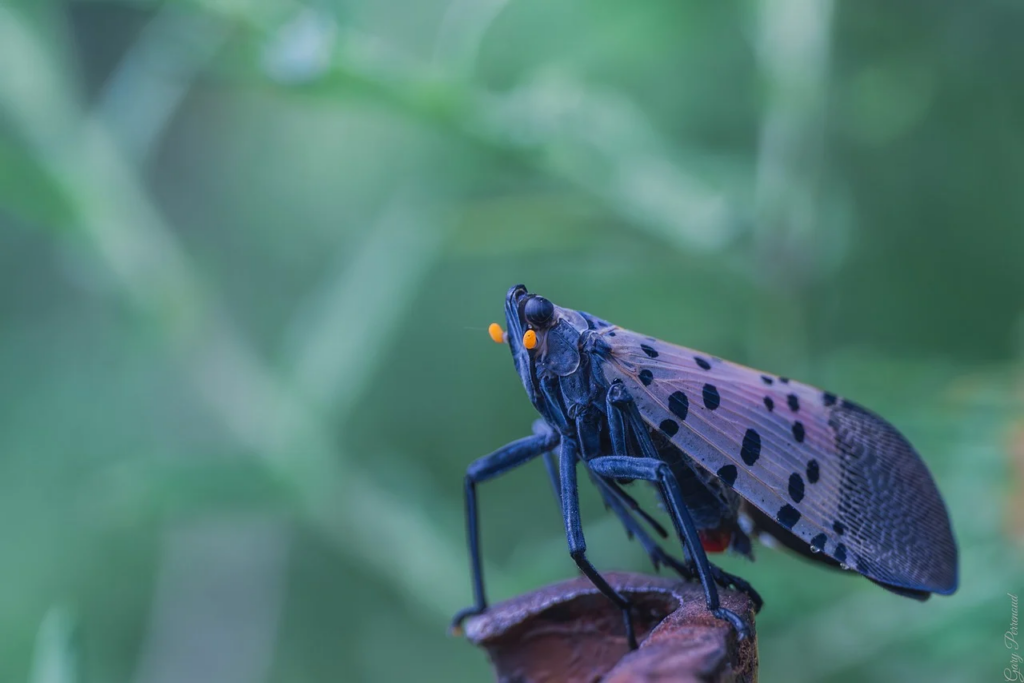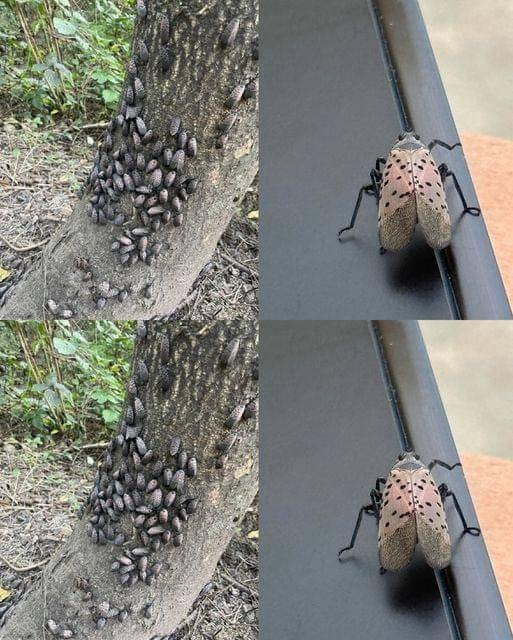Insects can be helpful to the environment, but some can cause a lot of harm to your plants and garden if not controlled. One of the most dangerous of these is the Spotted Lanternfly, an invasive species that can wreak havoc on a wide range of plant life.
If you come across these pests, it’s essential to act fast. Here’s what you need to know about them and how to manage their impact.

The Spotted Lanternfly (Lycorma delicatula) may look harmless with its colorful wings, but don’t let its beauty fool you. Originally from China, this insect first made its way to the U.S. in 2014, when it was detected in Pennsylvania. Since then, it has spread rapidly across the country, damaging crops and trees. This pest poses a significant threat to various plants, including grapevines, fruit trees, and hardwoods. Its rapid reproduction makes it a serious concern for both homeowners and farmers.
Spotting the Spotted Lanternfly is relatively easy due to its unique appearance. Adult lanternflies are about an inch long and have black heads with gray wings speckled with black spots. The underside of their wings features a striking red color. Juvenile Spotted Lanternflies, called nymphs, start with black bodies covered in white spots. As they grow, they transition to a red and white pattern.

These insects feed on the sap of over 100 plant species, which weakens the plants and makes them more vulnerable to disease. As they feed, they also excrete a sticky substance called honeydew, which promotes the growth of a black fungus known as sooty mold. This mold blocks sunlight and prevents plants from growing properly, leading to significant damage over time.
One effective way to reduce the number of Spotted Lanternflies is by destroying their eggs. The egg masses, which resemble smears of mud, are often found on tree bark, stones, and outdoor furniture. To eliminate them, scrape the eggs off and place them in a bag filled with rubbing alcohol to kill them.

If the infestation is severe, insecticides can be used to control Spotted Lanternfly populations. However, care must be taken to avoid harming beneficial insects or plants. For those looking for more environmentally friendly options, natural remedies such as neem oil or essential oils can act as effective deterrents without using harsh chemicals.
Another way to reduce lanternflies is by setting sticky traps around the trunks of trees. These traps catch the nymphs as they climb upward, but it’s important to cover the sticky areas with mesh to protect birds and other wildlife from getting caught by accident.

If the infestation becomes too overwhelming, calling a professional pest control service may be necessary. Professionals can use systemic insecticides, which are absorbed by the plants and are more effective in controlling these pests. Additionally, it’s essential to report any sightings to local authorities to help monitor and manage the spread of this invasive species.
The Spotted Lanternfly is not just a garden nuisance; it’s a serious threat to a wide variety of plants. By learning how to identify these insects and take proactive steps to eliminate them, you can help protect your yard and prevent widespread environmental damage.
